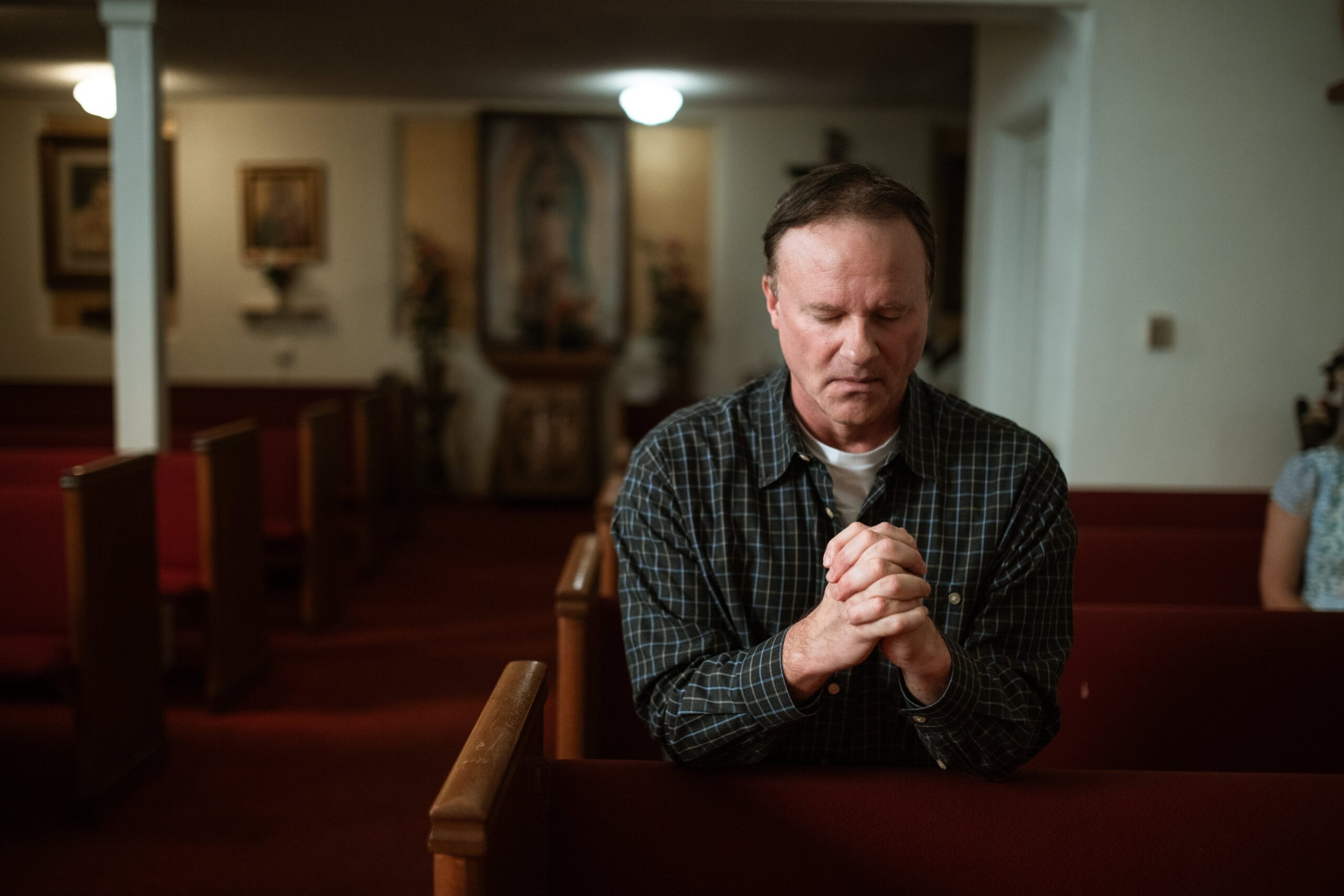When we complain about the Church and the world, we take out steam, but it often doesn’t lead to much action. The saints, however, took a different approach: to become the renewal through their own conversion to the Lord. God renews the Church through holiness, which radiates from within to begin the change needed in the world.
Lay people may not be responsible for the Church in a hierarchical sense. We have not been given authority by Jesus to govern the Church, for instance. But this does not mean that we should remain merely passive within the Christian community. Rather, it is up to the laity to embody the faith in their daily lives, translating the Gospel into culture, a shared way of life that seeks holiness in the ordinary things of the world.
The Church is not an organization, like a corporation or fraternal organization, like the Rotary Club. In those cases, if you are unhappy with leadership, you simply resign your membership or refuse to do business. The head of the Church, however, is Jesus Christ, and we must obey the authority he established: “He who hears you hears me, and he who rejects you rejects me, and he who rejects me rejects him who sent me” (Luke 10:16). But, the Church is more than the hierarchy, reaching to all the baptized faithful.
To reform the Church, we must reform ourselves, taking up our own role within the Body of Christ. In various places, Paul outlines the many roles of service in the Church, not only apostles but also teachers, helpers, administrators, servants of the poor, and financial benefactors. Even more mystically, he reflects on the way in which Christ’s love for his Church finds sacramental embodiment in the love of husband and wife (see Ephesians 5). The family, as the domestic church, makes the Church present and alive within the home.
We, the laity, depend upon clergy to teach, sanctify, and govern the Church, but we also have been given a participation in Christ’s triple office of priest, prophet, and king. Through our baptism, we have been clothed with Christ (Galatians 3:27) and have been called to share in his work of sanctifying the world through our daily prayer, witness, and service. Fathers, in particular, have spiritual authority over their children. They are the ones who are primarily responsible for their upbringing in the faith: teaching them to know God, to learn how to pray, and to grow in virtue.
As Christian men, there is much we can do to bring about renewal. It begins, of course, with our own deeper conversion so that we can live a life of prayer and sacrifice, offering our lives to God. From there, we work to sanctify our families so that our homes can be places pleasing to God, where he is honored before all else. And, if we bond together in fraternity, we can make a difference in our communities, addressing local problems and starting needed institutions, like schools, to support our families in faith.
Obedience should never become an excuse for complacency. If we want change, we must become that change, and work with other men to build momentum for renewal in the Church and world. Jesus has equipped us through our baptism and the other sacraments and now is the time to use these gifts to bring about the change so desperately needed today.





